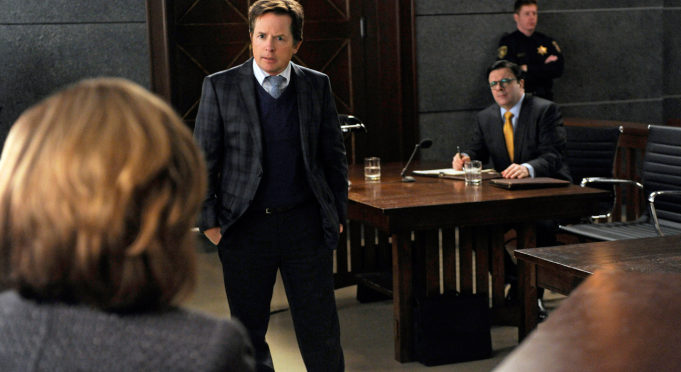The California State Bar currently has before it a proposal to license legal paraprofessionals (paralegals, legal document assistants, and unlicensed J.D and L.L. M. holders) to provide legal advice and, in limited instances, represent parties in court. This proposal should…
Lawyer Mobility: Duties to Clients When a Lawyer Leaves a Law Firm
A lawyer’s departure from a law firm can be disruptive to client relationships and representations. Generally, the client in ongoing matters must be given the choice between staying with the firm, going with the departing lawyer who handled the matter,…
Unpublished Opinions in California State Courts: The Devalued Appellate Decisions
The California Supreme Court has the authority to determine which appellate opinions are published as it “deems appropriate” and “may deem expedient.” Cal. Const., art. VI, §14; Cal. Govt. Code §68902. The Supreme Court’s constitutional and legislative authority is…
The Meet & Confer Letter – Setting Your Attorney Up For Success
You’ve received discovery responses from opposing counsel, so what’s your next step? Since you’re a paralegal extraordinaire, you know that you’ll only have 45 days to file and serve your motion to compel. It’s time to get cracking. If you…
GPOA Powerholder Acts in Nonfiduciary Capacity
The grieving Harry Berkowitz could hardly have imagined what would follow when he had three hats to wear under the law after his wife died in 2011. Her death triggered the creation of a marital trust that contained a General…
Trustee May Self-Represent to Determine Settlor Intent
It takes a particular type of family dysfunction for brothers and sisters to take their fight to courtroom after courtroom after courtroom for 12 years. Meet the Donkin clan. Back before everybody squared off before their first judge, parents Rodney…
Coercive Control and the 2020 Amendments to the DVPA
Effective as of September 2020 the California Legislature amended Section 6320 of the California Family Code, to include “coercive control” in the definition of abuse, for purposes of DVPA restraining orders. (See SB 1141, Rubio.) The amended DVPA defines “coercive…
Remembrance of Things Past: Can a Newly Enacted Statute Provide for a Retroactive Award of Attorney Fees?
When a bill becomes law in California, it generally operates prospectively, unless the Legislature specifically provides otherwise. A generally—but not universally—recognized exception exists, however, for new statutes authorizing an award of attorney fees. Some California appellate courts have approved the…
US Privacy Law Update Outside of California
State lawmakers are considering, and in some cases, have enacted comprehensive privacy laws. Similar to the California Consumer Privacy Act of 2018 (CCPA), these laws and proposals include now familiar elements, including emphasis on transparency, consumer rights, disclosure and processing…
It’s Time for Lawyers to Commit to a “Duty of Professionalism” Toward Court Reporters
Every day, in countless rooms and Zooms, court reporters encounter situations like these true stories: As she walked into the conference room, the noticing attorney looked her over and remarked in front of everyone present, “Guess I got the short…
The Ethics of Third-Party Litigation Funding
Photo: Michael J. Fox in The Good Wife. Credit: CBS. In the “Raw Deal” episode of The Good Wife, Louis Canning (played by fan favorite Michael J. Fox) shared privileged information with a litigation funding source about what his corporate client…
Legal Ethics and Attorney Mistakes
Missing a deadline for filing a pleading or discovery response, or omitting an important argument from a brief, can have grave consequences for the client. While some mistakes are more serious than others, the lawyer must still adhere to the…









